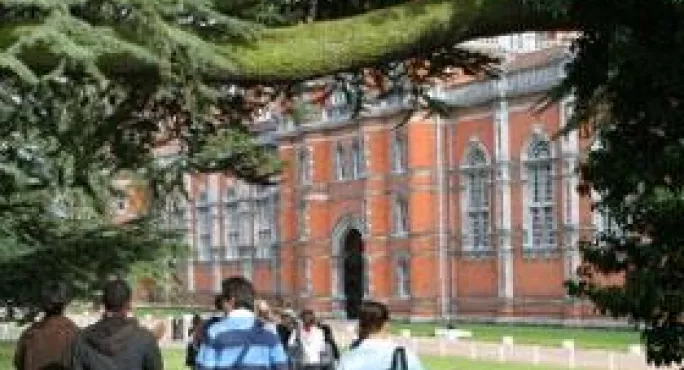Champ to boost bac’s standing in universities

A full-time officer has been appointed to champion the Welsh baccalaureate in a bid to help it gain “recognition and acceptance” at every university in the UK.
The year-long appointment, part-funded by the Assembly government, was announced as TES Cymru learnt that some universities in England do not include the advanced bac when offering places.
Just 25,000 UK higher education course specifications - approximately half - include information about the “acceptability” of the bac, the government admitted this week. But a spokeswoman said a further quarter were likely to accept it.
The new bac champion is Abigail Titley, who will start her new job at Ucas headquarters next month. She recently performed a similar job on the advanced diploma in England and said she was looking forward to working with universities and colleges on the Welsh bac.
Ms Titley’s job will involve promoting the Welsh bac to universities across the UK and compiling a database showing which courses accept the qualification. This will be available for students on the Ucas website from April 2010.
A government spokesperson said: “The officer will begin a year-long project next month to ensure all HEIs (higher education institutions) understand what the Welsh bac qualification is and to encourage them to make offers that reflect its full value.”
More than a third of 16 to 19-year-old students in Wales take the bac at either foundation, intermediate or advanced levels. From September, around 30,000 students at 62 schools and colleges will take one of these levels.
The qualification proved popular with teachers from the outset. In an evaluation undertaken by Nottingham University during trials in 2006, 80 per cent of the teachers involved supported the bac, despite an increase in their workload.
The advanced diploma is officially worth 120 Ucas points - equivalent to an A at A-level. But sixth-formers said universities were not consistent in their valuations of the bac, although the majority of Welsh universities include it in their offers.
James Fletcher, a Year 13 student at Lewis School Pengam in Caerphilly, said his first choice of university did not take the bac into account when he applied to study politics: “The University of Reading didn’t include it at all in their offer, but my insurance choice - Swansea University - has.
“A lot of my friends applying to Welsh universities have had offers with the Welsh bac. But other universities are offering it as equivalent to an A at AS-level instead of A-level, or saying it’s worth just 60 Ucas points.”
A Ucas spokesman said universities have flexibility to choose what they include in their offers and do not have to stick to the official points rating. But he said there were not plans to change the official rating of the Welsh bac, despite the downgrading of the international baccalaureate earlier this month.
The number of points students receive for the IB was lowered in response to the introduction of a new A* grade at A-level, to be awarded to pupils achieving more than 90 per cent in exams from 2010.
Those hoping to go to Cambridge University next year will need at least one A* and two As at A-level, but the Welsh bac will not count.
The government intends that at least 40 per cent of Welsh students should be on bac courses by 2010.
To gain the advanced Welsh bac, students have to show they have achieved six key skills, including communication and ICT. They must study a language, complete modules on work-related education, team and community activities and write an in-depth investigation. As well as studying for the “core”, students must gain at least two A-levels or an equivalent qualification such as NVQ level 3.
But student James remains positive about the qualification, despite its rejection by some universities. “I can see the worth of it for the future, especially the key skills,” he said.
Keep reading for just £1 per month
You've reached your limit of free articles this month. Subscribe for £1 per month for three months and get:
- Unlimited access to all Tes magazine content
- Exclusive subscriber-only stories
- Award-winning email newsletters



